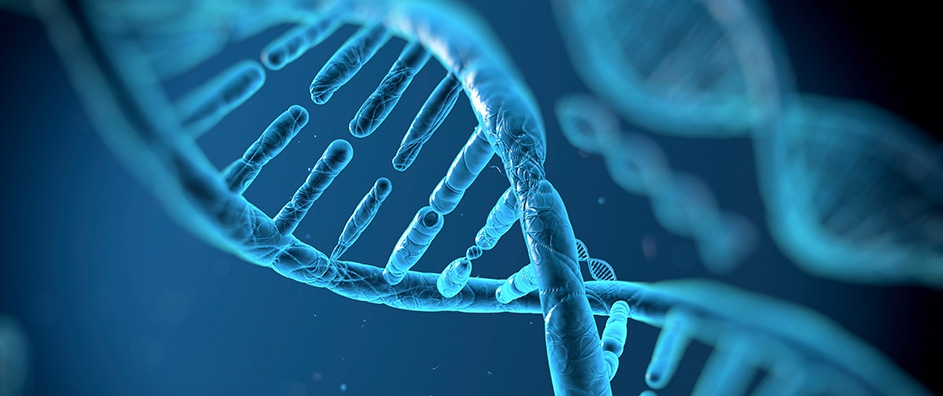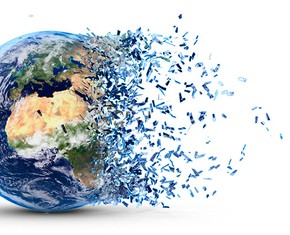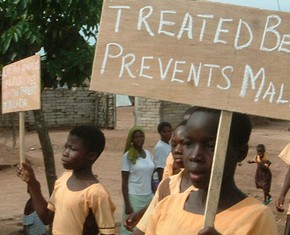The views expressed in our content reflect individual perspectives and do not represent the authoritative views of the Baha'i Faith.
…qualities of the spirit are the basic and divine foundation, and adorn the true essence of man; and knowledge is the cause of human progress. – Abdu’l-Baha, Selections from the Writings of Abdu’l-Baha, p. 137.
Even if you never go to a formal school, everyone attends the University of Life, otherwise known as the school of hard knocks. In those difficult classes we learn the tough lessons of the streets or the wilderness, we experience the painful or positive consequences of our actions, and we try to figure out, through trial and error, where to find life’s wisdom. That hard-won wisdom allows us to survive.
Like all knowledge, the training we get in the school of hard knocks builds on itself. First we know one thing, and then that knowledge opens the door to knowing many more things. Our elementary knowledge always serves as the firm foundation for the knowledge that comes later.
 Because the progressive nature of all existence mirrors itself in the learning process, every school, including the school of hard knocks, arranges itself hierarchically around increasingly complex levels of perception, knowledge and development.
Because the progressive nature of all existence mirrors itself in the learning process, every school, including the school of hard knocks, arranges itself hierarchically around increasingly complex levels of perception, knowledge and development.
So first, in just about everything, we build a foundation of learning. Once we’ve mastered the alphabet, numbers, and simple ideas, then the mind can understand more abstract, highly-evolved and intricate concepts. Even the word elementary–from the Latin elementum, meaning first principle–describes not only the school where children learn basic concepts, but the very elements that build life themselves.
This organic, progressive ordering and evolving of reality does not imply any value judgment. First grade teaches simpler concepts than post-doctoral work, but that doesn’t mean it has less value. In fact, with the idea of nested realities, the simpler levels of knowledge and existence assume great importance, because they become the foundation for all subsequent growth and understanding.
Our initial steps might be tentative, even a little shaky, but ultimately we learn to walk. Simply, the philosophers tell us this means our inner development happens in much the same way our physical development does–from one stage to the next:
Overall, the process of psychological development–which is the operation, in humans, of cosmic or universal evolution–proceeds in a most articulate fashion. At each stage of development, a higher-order structure–more complex and therefore more unified–emerges through a differentiation of the preceding, lower-order level. – Ken Wilber, Eye to Eye, The Quest for the New Paradigm, p. 101.
Our understanding of science and of evolution has led us to a very important question–if we grow inwardly in the same way we grow outwardly, does biology and our DNA, those tiny helical destination codes built into our cells, determine everything? Can we have any real input into the way we grow and what we become? This deterministic, nature-versus-nurture debate has gone on for decades, and probably won’t be settled until we learn much more about the subtle and complex interactions between our genetics, our spiritual realities, and our environment.
Now, however, many scientists have begun to posit a third, middle way of understanding the nature/nurture dichotomy, by discovering that our experiences and actions can actually modify a significant part of our innate genetic code. Called epigenetics, this new science suggests what we do as children, what we eat, the environment we grow up in, even the decisions we make as adults–all can have an effect on our genetic makeup and the eventual shape of our DNA. Imagine that: we can change ourselves–at the cellular level–by the actions we take.
So while our genetic code begins to lock itself in at the union of sperm and egg, and while our physical and mental potential follow along, what we do with them belongs uniquely to each of us. Each of us has innate, inborn capacities–but only we, as individuals, can decide how to use those capacities:
The whole duty of man in this Day is to attain that share of the flood of grace which God poureth forth for him. Let none, therefore, consider the largeness or smallness of the receptacle. The portion of some might lie in the palm of a man’s hand, the portion of others might fill a cup, and of others even a gallon-measure. – Baha’u’llah, Gleanings from the Writings of Baha’u’llah, p. 8.
Just because a defined, DNA-driven pattern of growth exists for each person, does not mean that it constrains us inwardly or spiritually. For the animal, the plant, for all living things except humans, the lack of free will means that biology does determine destiny. But for humans, with our ability to choose a spiritual path and Baha’u’llah’s admonition to disregard the “largeness or smallness” of our capacity, freedom to go beyond the dictates of our biology rests in the choices we make on our inner journey:
…every human being is limited through his physical body, but his spirit is free. The body of man may travel for a few miles and become fatigued, but the spirit untrammeled may go throughout the immensity of space. While walking on earth man’s thoughts may grasp the motions of the heavenly bodies and define their course. This demonstrates how man’s spirit transcends his environment. – Abdu’l-Baha, Divine Philosophy, p. 168.
Our spirits, the Baha’i writings say, have unlimited freedom. We each decide how to develop our own intellect, our consciousness, our spiritual reality. How do we make those decisions? The Baha’i teachings suggest that our minds and souls grow and progress best when we follow a spiritual path.
















Comments
Sign in or create an account
Continue with Googleor